Your mortgage application is more than just paperwork–it’s your chance to demonstrate to lenders that you’re a reliable and financially stable borrower. Whether you’re a first-time homebuyer or looking to upgrade, a strong application can make a significant difference in securing favorable terms.
A Deep Dive Into Bank Statement Second Mortgages for Self-Employed Individuals
If you’re self-employed or have an income that doesn’t fit traditional molds, securing financing for a home renovation or debt consolidation can seem daunting. However, bank statement second mortgages are designed to provide a viable solution for homeowners who don’t rely on conventional pay stubs, W-2 forms, or tax returns.
Unlocking the Potential of Cash Only Properties with a Renovation Loan
Navigating today’s real estate market can be challenging, especially when dealing with properties listed as “cash-only.” These homes often require extensive repairs or are in poor condition, making them difficult to finance through traditional means. Fortunately, a renovation loan offers a solution, allowing you to finance both the purchase and renovation of these properties with a single loan.
Understanding the Difference Between a Co-Borrower and a Co-Signer
When it comes to securing a mortgage, the terms and roles can often be confusing. One such term you might come across is “co-borrower.” Understanding what a co-borrower is and how they differ from other roles in a mortgage can help you make informed decisions when navigating your home loan process.
Understanding the Role of HUD in Regulating Mortgage Lending Practices
With various regulations and guidelines to follow, it’s crucial to understand the role of the U.S. Department of Housing and Urban Development (HUD) in this landscape. HUD plays a vital role in regulating mortgage lending practices to ensure fair and equitable access to housing. In this blog post, we’ll delve into the functions of HUD and how they impact mortgage lending practices.


